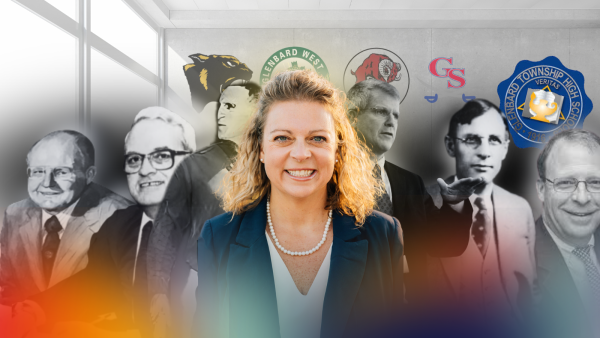State of the Union Debrief 2016
On the twelfth of January, President Barack Obama gave the ninety-fourth in-person State of the Union Address to Congress and the American people. However, it has not always been called the State of the Union Address. From 1790 to 1946, it was called the Annual Message. This was changed during World War II when Franklin Delano Roosevelt addressed the nation and the current “State of the Union”. Hence, people started to informally call it the “State of the Union”.
After knowing the history, people often ask What is the State of the Union, why does it happen, and where does it come from?
The answer is as simple as its name – the address is a time for the president to reflect on his/her year, term, or often times the prospected future and the subsequent situation in the United States.
As to Where did it come from?
The State of the Union has its roots in the U.S. Constitution, where it reads the President “shall from time to time give to the Congress Information of the State of the Union, and recommend to their Consideration such measures as he shall judge necessary and expedient.” Article II, Section 3, Clause 1.
President Barack Obama’s speech was not out of the ordinary. The commander and chief was, as is custom, introduced by Speaker of the House Paul Ryan. An extremely long applause followed which is also custom. The President started off by listing the reforms that need to be undertaken: bi-partisan work, tax cuts for working families, criminal justice reform, drug abuse, immigration, gun violence, equal pay, paid leave, and an increase in the minimum wage.
In spite of those who try to suppress change, he stated we must progress to a new standard. He alluded to his reforms after the 2008 recession stating that he improved healthcare, modernized the energy sector, enhanced veteran care, and legalized gay marriage.
However, he posed four major questions for the future:
- How do we give everyone a fair shot at a future?
- How do we make technology work for us and not against us?
- How do we keep America safe and lead the world without becoming its policemen?
- How can we make politics reflect the best, not the worst in us?
He then went on to list growths in the economy such as the addition of 14 million jobs that cut unemployment in half, the large recovery of the auto industry, and the cutting of the deficit.
A relatively new development regarding education equality got the crowd excited – one of two paid years of community college.
As his conversation shifted to the future, he alluded to how America has been a leader, and will be in the future. The Commander in Chief mentioned how we didn’t let the appearance of the Russian Sputnik beat us in the Space Race, and how the United States created the internet. In commemoration of Vice President Joe Biden’s recently deceased son, he called for America to be the country to cure cancer once and for all.
A witty transition led him to the topic of climate change. Although many critics have attacked the U.S. not having an intuitive energy plan, Obama seemed optimistic. He took a different path than most, stating the economic benefits that come with clean energy. Such benefits included the greater employment in the solar and wind industry, rather than the coal industry.
Continuing the optimistic trend, he took the subject of defense – a highly controversial field especially through Obama’s office. He simply put that the United States is the strongest nation in the world and outspends the next eight countries combined.
His main priority, he said, is to protect the American people and root out terrorists. He asked congress to debate whether or not to go to war with ISIL. He slyly added in a “Just ask Bin Laden” joke to make a comical allusion to his success in hunting down the orchestrator of the 9/11 attacks.
His final statements spoke of the future of American politics. Obama said that his biggest regret in his presidency was that the political division between Democrats and Republicans had widened, and that he had not taken substantial measures to mend such wounds. Although admitting that division is a regular and healthy part in a democracy, he strongly emphasized cohesion in future decisions.
The State of the Union is, and will be strong according to President Barack Obama.







